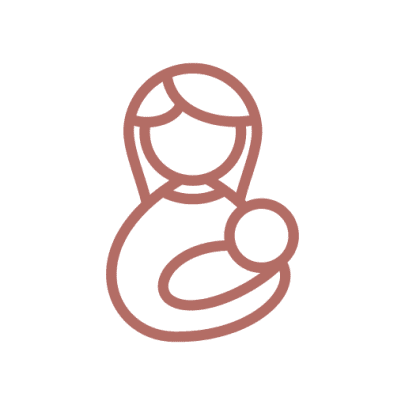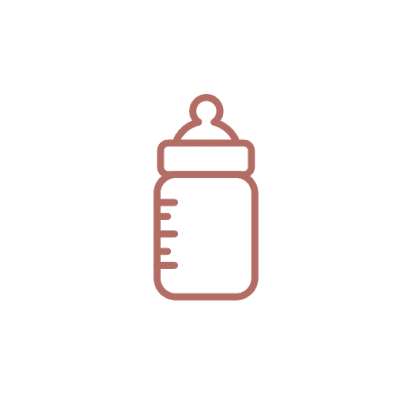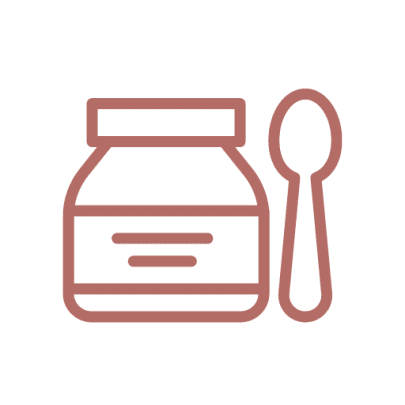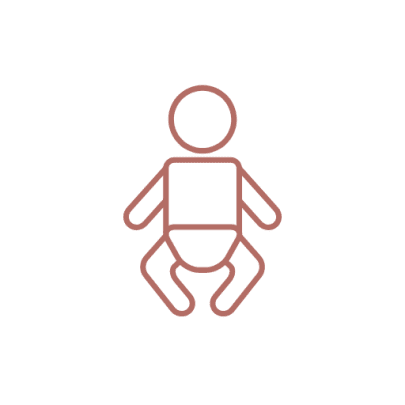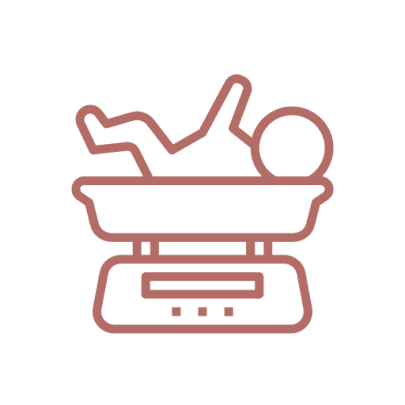A customer asked a question about Baby Biting while Feeding
“I’m experiencing a few difficulties breastfeeding my nine-month-old – he has started biting during his afternoon feed. I think it’s because my supply is dwindling, and let-down is delayed, and he’s getting bored/frustrated”
We initially thought when reading this email was that the baby is teething, and seeking relief for aching gums.
But it could also be due to baby having a cold or a stuffy nose.
A lot of mothers decide to wean their babies after they have received a few bites, even though biting is not an indication that the baby is ready to be weaned. However with a little help, the biting problem can be resolved so that you can keep breastfeeding without the fear of being chomped on.
Although it is painful and can give you a fright:
- do not hit, tap, or rap your baby for biting you while breastfeeding. They are not intentionally hurting you.
- Try to avoid a loud scream. A loud yell may quickly teach a baby not to bite, but it could also startle them, and they might not breastfeed again.
Try to say a firm “no” and remove baby from your breast.
Suggestions to Prevent Biting
Pay attention to your baby especially near the end of a feed – which when a bite is most likely to occur.
When a baby is latched on properly and is getting milk and swallowing, it is physically impossible for them to bite you, as their tongue will be placed between your nipple and their teeth, which is how they work to get the milk out. Baby will need to stop sucking inorder to bite you.
Signs that baby is about to bite include: pausing from feeding, your nipple sliding forward in their mouth, a tension change in their jaw or cheeks, or tongue changing position. Also if your baby is not pulled in close to you while feeding, they may accidentaly bite if the nipple keeps sliding out and they are trying to latch back on.
Then if you do notice that baby is about to bite, you need to release baby from your breast using your finger to break the suction.
Another trick that works for some mothers, is to pull the baby close into the breast so that they have to release the nipple to breathe through their mouth.
If the baby’s nose is blocked due to a cold, an upright nursing position will be more comfortable and may make them less likely to bite you.
If you know your baby is teething, give them something to chew on before you feed.
Even young babies are clever and soon learn that if they bite, they can’t feed for a while. This is obviously more effective with older babies, but it can’t hurt to try at any age.
If it seems like your baby thinks that biting is a game, firmly say “no” and play a more appropriate game like peek-a-boo or singing a song.
You may need to give your baby a small “time-out” from breastfeeding if they continue to bite you. A firm “no biting” coupled with removal from the breast for a few minutes will help them to learn.
Good luck!!

